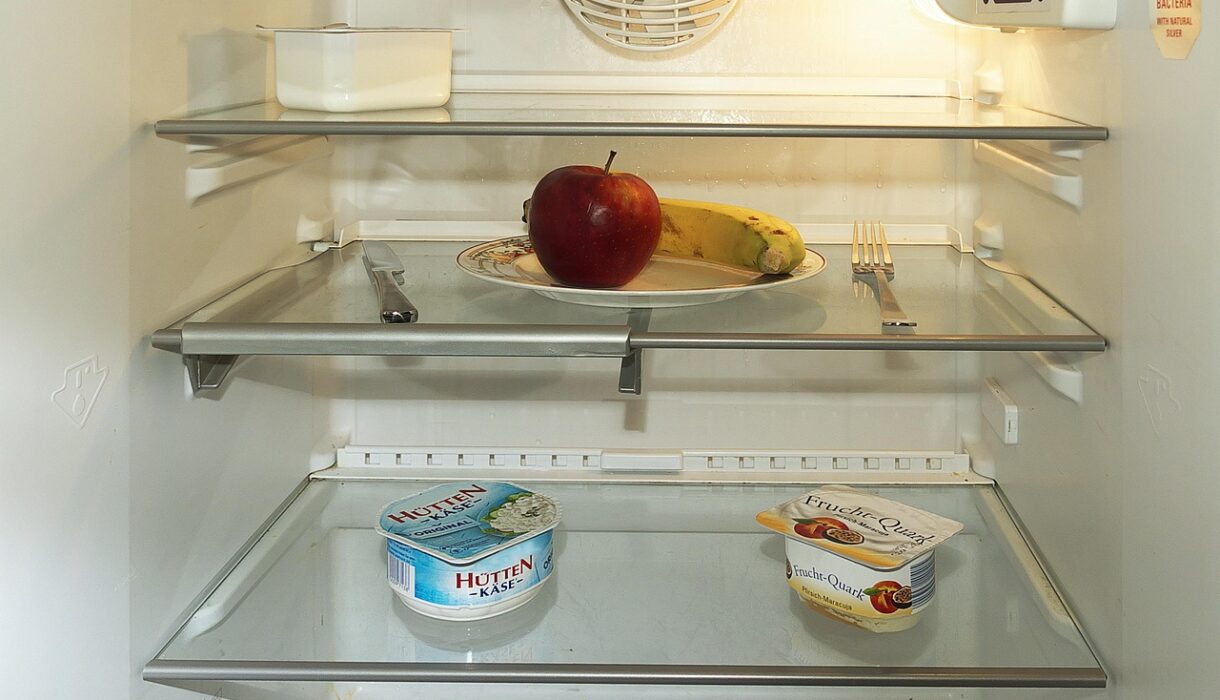
When it comes to weight loss, one of the biggest misconceptions is that you have to eat less—sometimes dangerously less—to see results. But starving yourself isn’t just unsustainable—it’s unhealthy. Extreme calorie restriction can slow your metabolism, deplete your energy, disrupt hormones, and even lead to binge eating cycles.
The truth is, you can lose weight effectively without feeling deprived or hungry all the time. The key is to fuel your body smarter, not less. Here’s how to create lasting change through balanced nutrition, sustainable habits, and a mindset shift.
1. Prioritize Nutrient-Dense, Whole Foods
Instead of focusing on eating less, focus on eating better. Whole foods like fruits, vegetables, lean proteins, whole grains, and healthy fats provide essential nutrients while keeping you full.
Why it works:
Nutrient-dense foods are typically lower in calories but higher in fiber, protein, and water content—all of which promote satiety and prevent overeating.
Try this:
Fill half your plate with non-starchy vegetables
Choose whole grains like quinoa, brown rice, or oats
Include lean protein at every meal (chicken, fish, tofu, legumes)
2. Eat More Protein and Fiber
Protein and fiber are your allies when it comes to staying full and avoiding cravings. They help regulate blood sugar and slow digestion, which reduces sudden hunger spikes.
Examples of high-protein foods:
Eggs, Greek yogurt, cottage cheese
Chicken, turkey, fish, tofu, lentils
Examples of high-fiber foods:
Berries, broccoli, chia seeds, oats, beans
Why it works:
These foods support fat loss while preserving lean muscle—essential for a healthy metabolism.
3. Don’t Skip Meals (Especially Breakfast)
Skipping meals often backfires by causing you to overeat later in the day. A well-balanced breakfast can jump-start your metabolism and help control hunger hormones.
Try this:
Build a breakfast with protein + healthy fat + fiber.
Example: Greek yogurt with berries and almonds, or scrambled eggs with spinach and whole-grain toast.
4. Stay Hydrated
Hunger is often confused with thirst. Drinking enough water can reduce unnecessary snacking and support metabolic function.
Why it works:
Water aids digestion, helps flush toxins, and keeps you feeling energized.
Try this:
Start your day with a glass of water, and aim for 8–10 cups per day (more if you’re active).
5. Practice Mindful Eating
Slowing down and paying attention while you eat helps you recognize when you’re truly full—before you’ve overeaten.
Tips for mindful eating:
Eat without distractions (like phones or TV)
Chew slowly and savor flavors
Stop eating when you feel satisfied, not stuffed
Why it works:
Mindful eating promotes a better relationship with food and prevents emotional or stress-driven eating.
6. Move Your Body Consistently
Exercise doesn’t have to be intense to be effective. Walking, strength training, yoga, or cycling—whatever you enjoy—helps boost calorie burn and improves overall health.
Why it works:
Movement builds muscle (which increases metabolism), supports mood, and helps regulate appetite.
Try this:
Aim for 30 minutes of movement most days. Consistency is more important than intensity.
7. Get Enough Sleep
Lack of sleep disrupts hunger hormones like ghrelin and leptin, which can lead to increased appetite and cravings—especially for sugary or high-carb foods.
Why it works:
Sleep supports hormonal balance, stress management, and recovery—all crucial for fat loss.
Try this:
Establish a calming bedtime routine and aim for 7–9 hours of quality sleep per night.
Losing weight doesn’t have to mean going hungry or cutting out entire food groups. In fact, a nourishing, balanced approach is far more effective—and sustainable—than starvation tactics. When you treat your body with respect and fuel it well, weight loss becomes a natural byproduct of healthier living.
Eat well. Move often. Rest intentionally. Stay consistent.
That’s the formula for real, lasting results.


